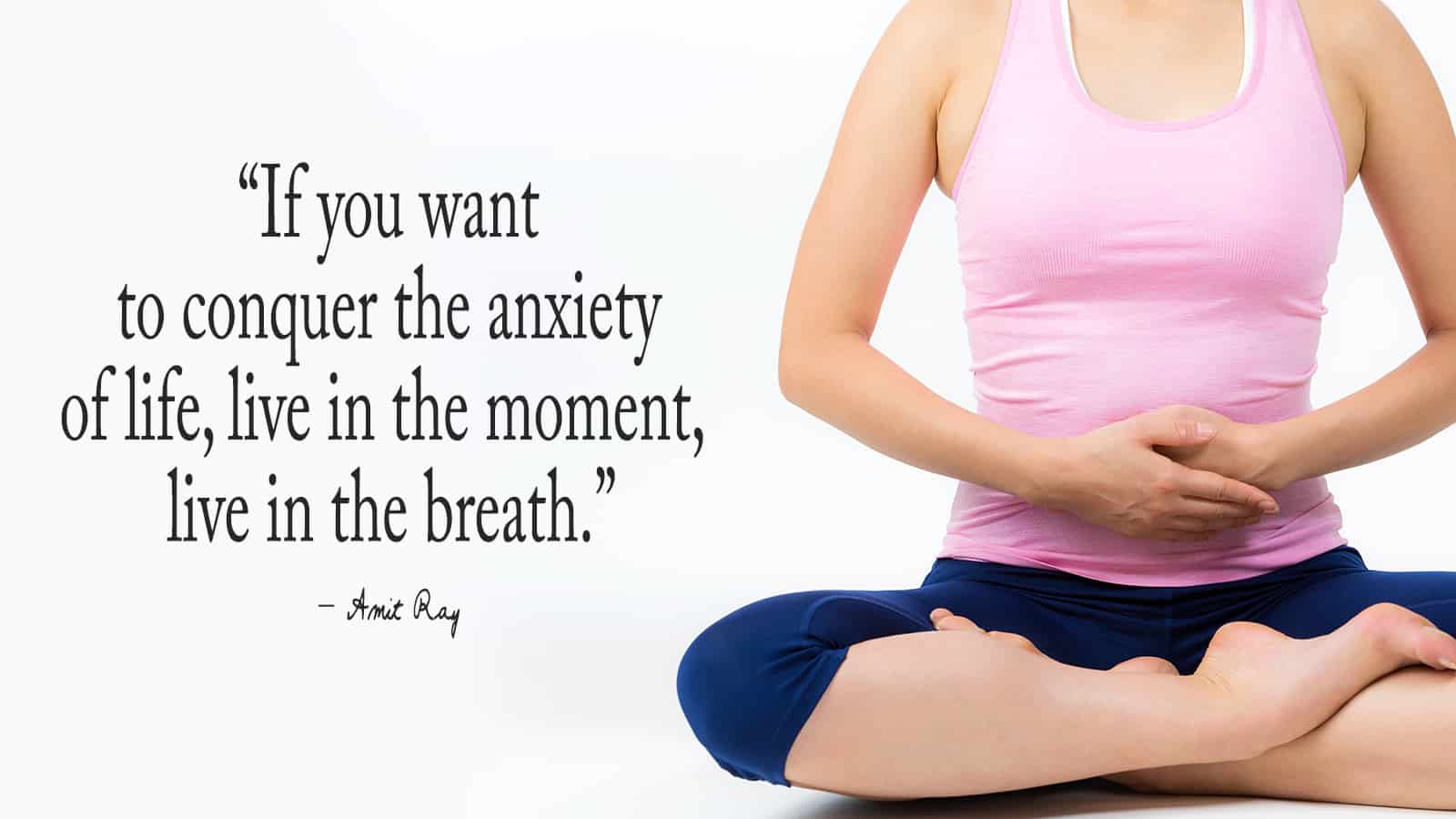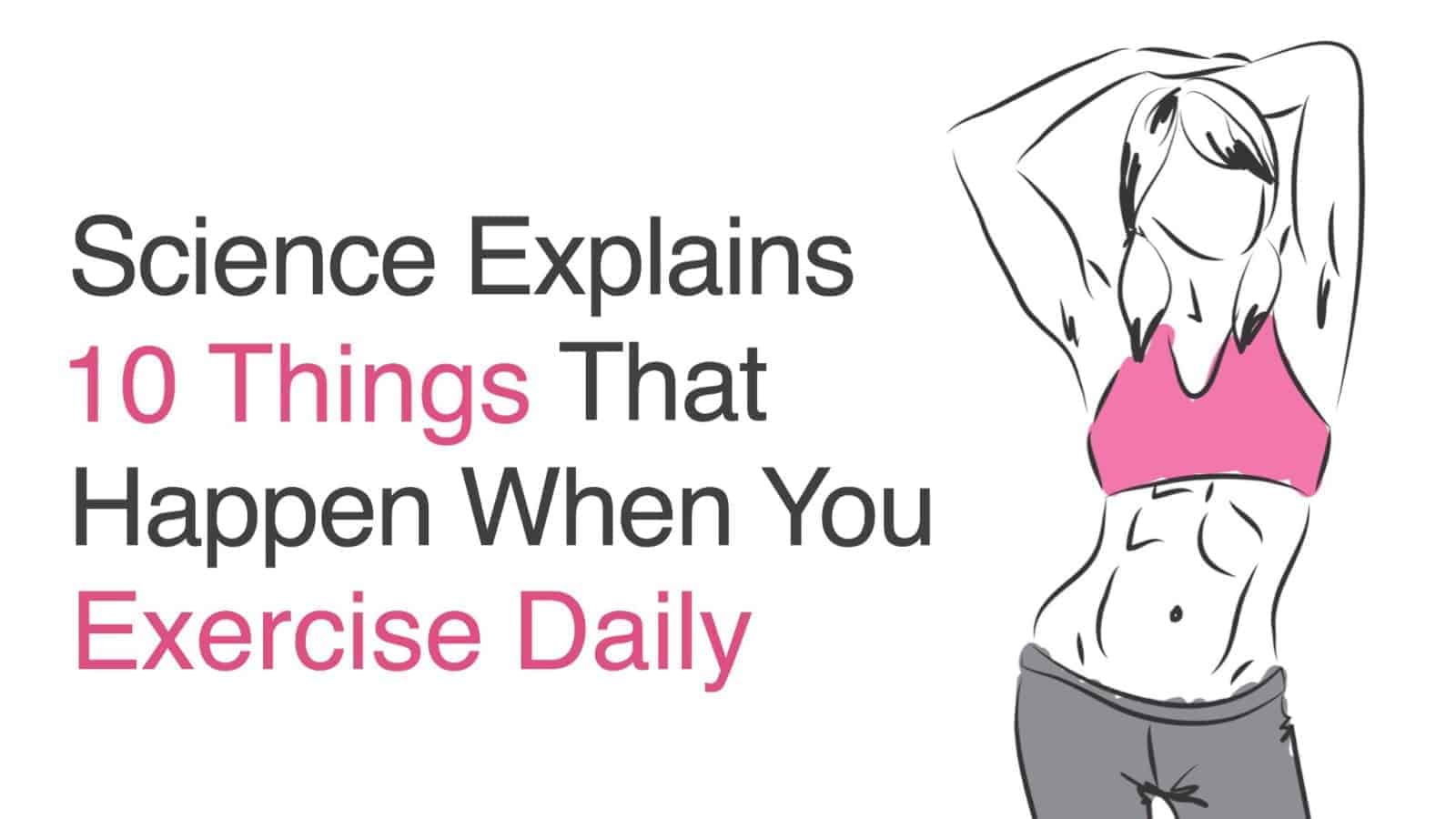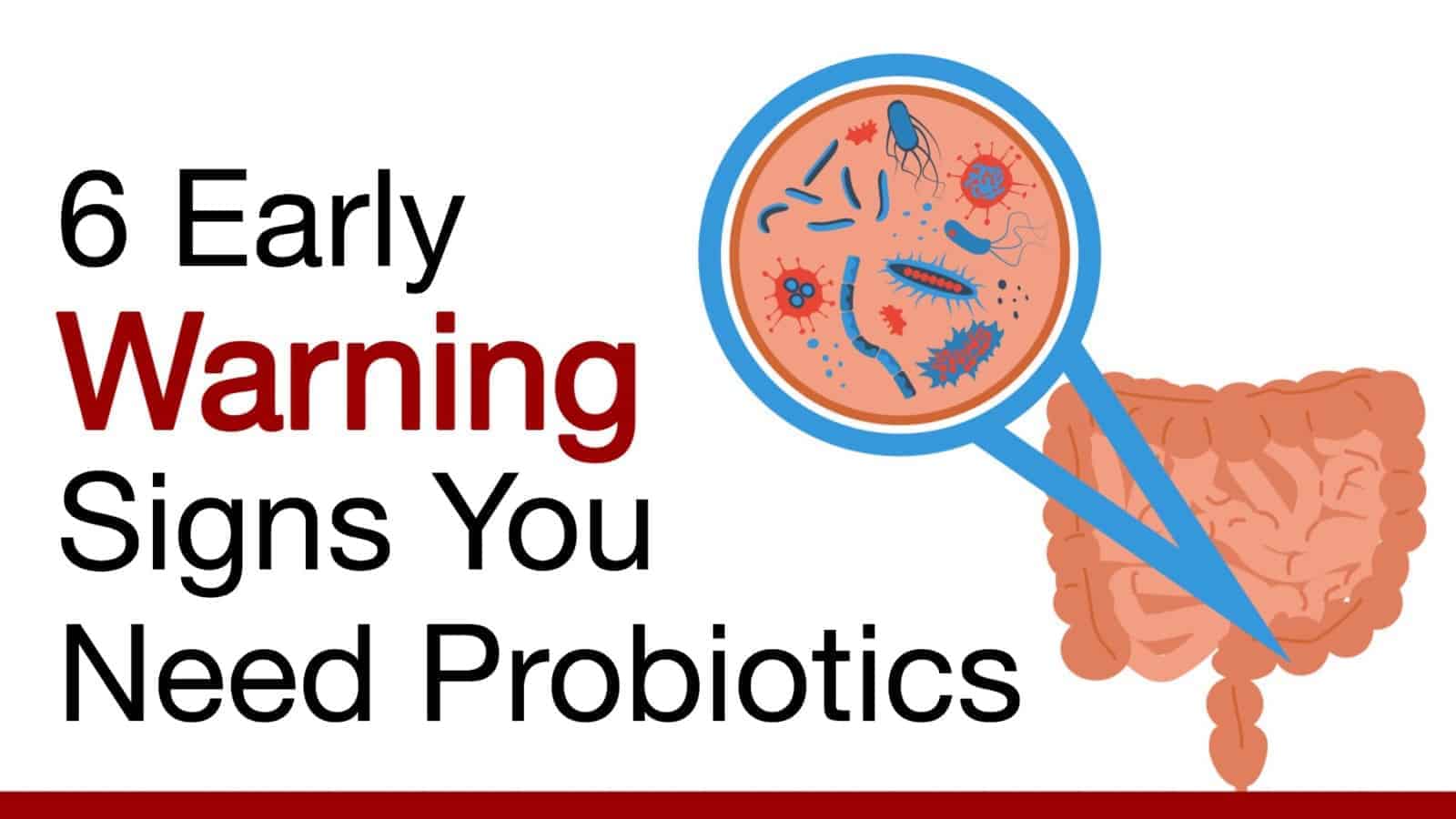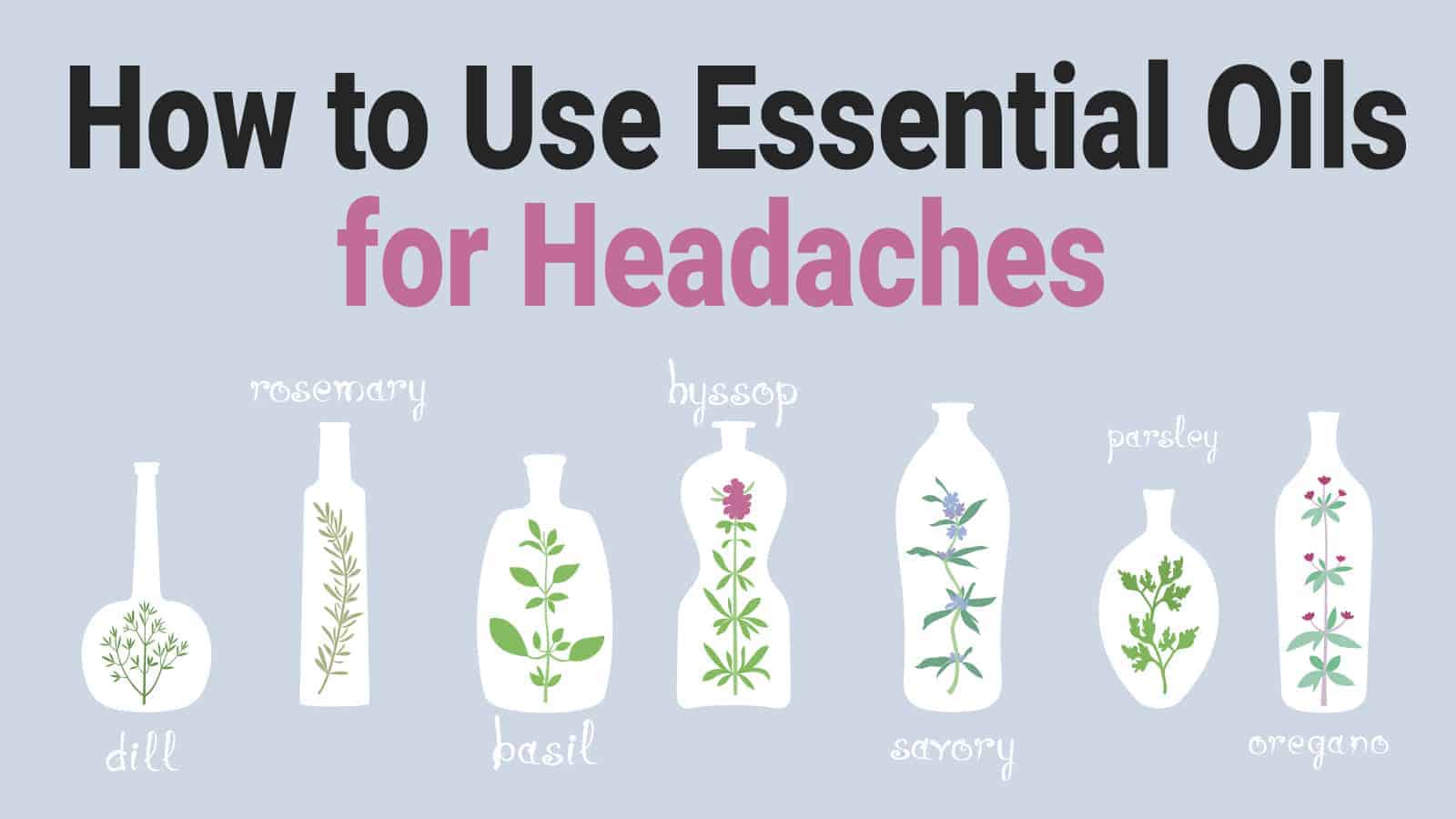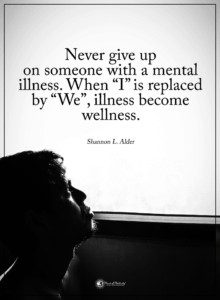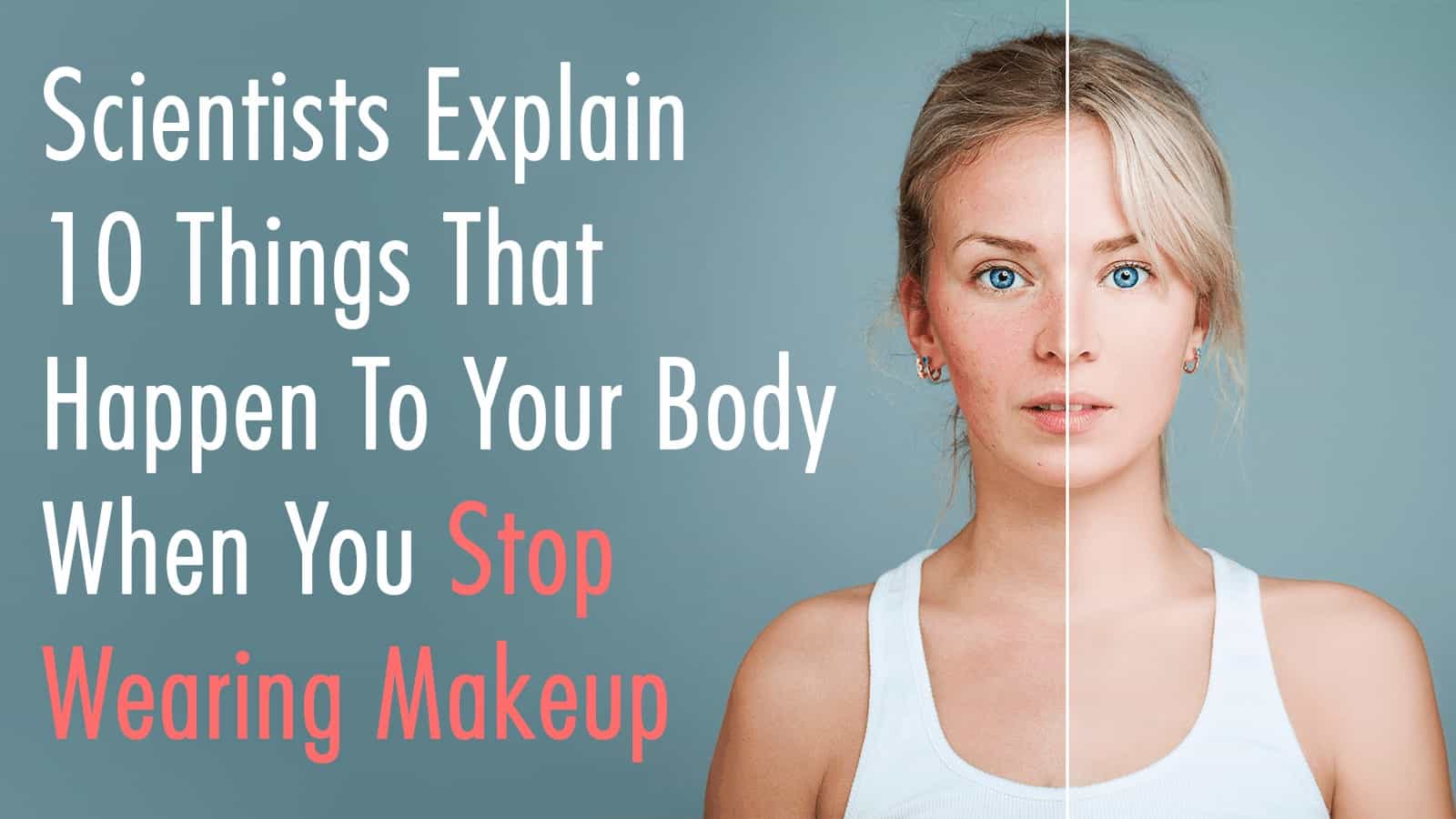Maybe you’ve found yourself in this terrifying scenario: You’re in the throes of an anxiety attack, and you feel like nothing is working to calm yourself down. Practicing these exercises for anxiety now can help you avoid that feeling of helplessness in the future.
These exercises aren’t cure-alls for anxiety, but practicing them every day can help you build up a greater sense of well-being over time. The next time your anxious thoughts and feelings come to a crescendo, you’ll have more strategies to bring them down to a manageable level.
1. Breathing Exercises for Anxiety You Can Practice
“If you want to conquer the anxiety of life, live in the moment, live in the breath.” — Amit Ray
If you’re in the middle of a panic attack, in an earnest attempt to be helpful, a friend might tell you to “just breathe.” You may not appreciate this advice because it’s harder than it sounds — how can you breathe when you can’t breathe?
While telling someone to “just breathe” may not be the best way to offer help in a time of crisis, learning and practicing breathing techniques is crucial in managing your anxiety. When you learn to control your breathing, it becomes easier to relax your body.
In order to be effective, breathing exercises must be practiced on a regular basis. The only time you run wouldn’t be the day you’re participating in a 5K. You would practice every day. It’s the same thing with breathing. If you only try to practice breathing when you’re having a panic attack, you’re not going to be able to relax your body. You haven’t honed your technique enough yet.
Diaphragmatic Breathing (Belly Breaths)
Think about what happens to your breathing when you become anxious. Where are you breathing from, your chest or your stomach? Chances are, you’re taking in short breaths from the chest.
In order for breathing to be relaxing, it needs to come from your stomach. This is known as diaphragmatic breathing, or “belly breaths.” Studies have shown links between the regular practice of diaphragmatic breathing and stress reduction. (1)
Dr. David Carbonell, Ph.D explains how to practice belly breathing: (2)
- Sit in an upright position
- Put one hand on your stomach above your belt line. Place your other hand on your chest.
- Let out a gentle sigh with your mouth open slightly.
- Pause for a few seconds with your mouth closed.
- Inhale slowly through your nose for as long as you comfortably can, letting your stomach expand.
- Pause for as long as is comfortable, holding your breath in.
- Exhale through your mouth.
- Pause and repeat several times.
2. Mindfulness Exercises for Positive Mental Wellbeing
When you hear the word “mindfulness,” the image that may come to your imagination is of a person meditating in an empty room, attempting to clear their mind of distractions. This is not what mindfulness is.
Mindfulness is the process of bringing your thoughts to the present moment.
You don’t empty your mind; rather, you focus on what is happening in the here and now. As thoughts come and go, you don’t judge them. You acknowledge them for a moment before releasing them.
To understand why this works, think for a moment about where your anxiety comes from. You may be distressed about an event in the past or worried about an upcoming issue. Notice how these problems are in the past or future? The idea behind mindfulness is that the present moment is a safe place to be.
Mindfulness can have a positive effect on the brain. An empirical study conducted by Shian-Ling Keng, Moria J. Smoski and Clive J. Robins examined several other studies on the effects of mindfulness on mental health. Their research found that mindfulness can decrease rumination, reduce emotional reactivity and improve behavioral regulation. People who practiced mindfulness had more self-compassion and a better overall sense of well-being.
Mindfulness Exercises You Can Incorporate Into Your Daily Routine
Mindfulness can be practiced anywhere you go. Here are some exercises you can start incorporating right now:
- Five Senses. This exercise involves using all five senses to return you to the present moment. Bring your attention to five things you can see, four things you can feel, three things you can hear, two things you can smell, and one thing you can taste.
- Mini Mindfulness. In this technique, bring your attention to what you are feeling, thinking and doing at this moment. Then, become aware of your breathing for six breaths, shifting your attention inward. Notice how your body is feeling. Now, push your attention outwards, becoming aware of what’s around you.
- Mindful Walking. As you walk, pay attention to your steps and how each foot feels as it interacts with the ground. Begin noticing what’s going on around you. What do you see? Hear? Touch? Feel? If your mind wanders, bring your attention back to your footsteps.
3. Visualization Exercises to Promote Calmness
Visualization is similar to mindfulness, but instead of bringing your attention to the present moment, you imaginestimuli instead of perceiving them.
Relaxation techniques, including visualization, have been shown to reduce negative mental health symptoms. Visualization helps you to calm your nervous system and bring your mind and body down from an anxious and distressed state.
How to Practice Visualization
Visualization can take many forms. Here is one method you can try the next time you need to become calm:
Find a relaxing place. Allow yourself some peace and quiet. Find a space with minimal distractions where you can feel relaxed.
Pick a peaceful imaginary scenario. Many people like to imagine they are on the beach. If that’s a relaxing place for you, choose that. If the beach isn’t your thing, you might pick the mountains, by the lake, in the forest or at the park. It doesn’t matter. Just let it be a place that makes you feel good.
Immerse yourself. Fully imagine what it would be like to be in your imaginary safe space. Don’t just focus on what you see — consider also what you feel, taste, smell and hear. You might taste the saltiness of the air at the beach, or you may feel the crinkle of leaves under your feet in the woods.
Imagine your stresses and release them. As anxious thoughts enter your mind, imagine them flowing out of you and into an object. The object can be anything that fits in with your visualization. For instance, if you’re imagining being by a river, you might imagine your anxieties entering a stick. Place that stick in the water and watch the current take it away.
4. Muscle Relaxation Exercises for Mental Wellness
Close your eyes for a moment and become aware of your muscles. Are they tight? Do you feel pain? Muscle tension that is not otherwise explained by another cause can be a sign of anxiety.
Our muscles become tense when we’re stressed. If unchecked, this can leave us with lingering muscle pain and tension.
Progressive muscle relaxation (PMR) is a powerful technique that can reduce muscle tension and make you feel more relaxed. In a study on people affected by leprosy, participants showed a decrease in anxiety and depression symptoms after practicing PMR.
How to Perform Progressive Muscle Relaxation
To practice PMR, find a place where you won’t be interrupted and lie down. Get comfortable and close your eyes. You’re going to work your way through each muscle group from your head down to your toes. For each muscle group, follow these steps:
- Breathe in.
- Tense the muscles in your forehead as much as you can without causing pain.
- Breathe out.
- Relax the muscles you were tensing.
- Pause for ten to twenty seconds, noticing how these muscles now feel.
- Repeat these steps for the next muscle group. Continue all the way down your body until you’ve done them all.
5. Physical Exercises to Better Your Mental Health
“Exercise because it’s good for you even if every step weighs a thousand pounds.” — Andrew Solomon
Gathering the motivation to exercise can be hard, and it may be one of the last things you want to do when you’re anxious.
It will be worth your while to make sure you get that exercise in. Many of us are familiar with the link between exercise and physical health, but exercise also has a powerful impact on mental health. Exercising for at least 45 minutes, three to five days a week, resulted in 43.2% fewer poor mental health days for participants in a cross-sectional study on the association between mental health and physical exercise.
Some Go-To Physical Exercises to Try
Finding the right type of exercise for your mental health is a choice you get to make, but here are some suggestions to get you started:
Go for a brisk walk. Keep up the pace! Walking fast is better than taking small, meandering steps. This form of exercise has the added benefit of offering you a chance to practice mindfulness while you’re at it.
Improve your mental health by stretching. Stretching is both good exercise and relaxing at the same time.
Get into a habit of running. You may find the rhythm produced by your foot falls to be calming. You can run on a treadmill or outdoors. Try going outdoors when you can to get the added feel-good benefits of nature.
Go to the gym for aerobic exercise. In the study mentioned above, high-intensity aerobic exercise, such as using the elliptical or stair-stepper, had a positive effect on mental health. If going to the gym makes you nervous, research which hours of the day are the slowest at your local gym and go at those times.
Final Thoughts on Exercises for Anxiety
Practicing these exercises for anxiety will help you build a repertoire of defenses to manage your mental health. The journey to mental wellness can be long and hard, and you may feel yourself taking steps backward sometimes. That’s okay.
You may find that some of these exercises manage your anxiety better than others. Try them all at least once, then choose the ones that are the most effective for you. Practice these exercises often and keep making progress, one step at a time.

